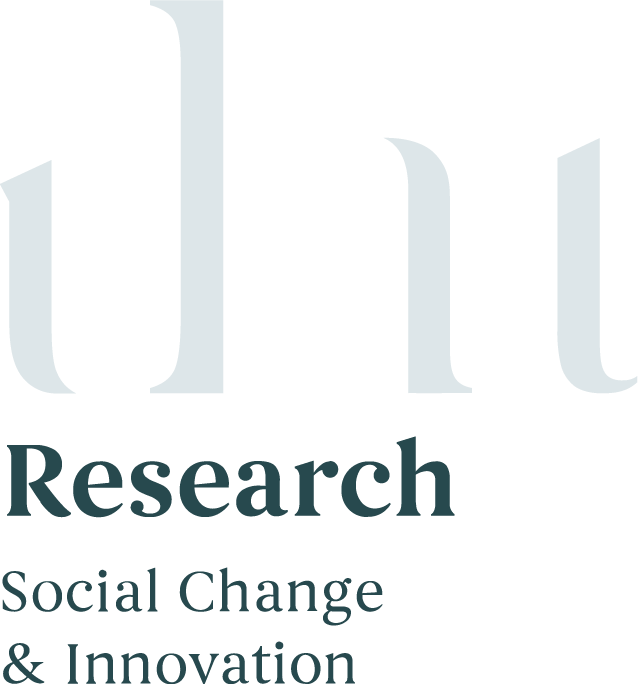Evaluation of Wave 12 initiatives for Te Pūtahitanga o Te Waipounamu
Download Full Report
Project Background
This evaluation focusses on the Te Pūtahitanga o Te Waipounamu Wave 12 commissioning process and outcomes for whānau. There are 35 entities in the Wave, 32 of these were interviewed for this evaluation. Te Pūtahitanga o Te Waipounamu, the commissioning agency, is the realisation of an iwi-led Whānau Ora model that invests directly in whānau for social impact to bring about positive change for whānau. Previous evaluations have identified the successful components of the whānau commissioning approach (Savage et al., 2016 – 2018). The initiatives are highly contextual, utilising local resources and experience.
Whānau Fit tamariki
Wave 12 Report
What we did
A two-page description of the 32-kaupapa initiatives was developed in consultation with each initiative to describe their aspirations, learnings, achievements and impact. Together these descriptions provide an illustration of what localised, whānau-generated innovations look like in action. The initiatives are highly contextual, utilising local resources, relationships and experience. They are enmeshed in the community and the whānau who drive them.
Outcome
This evaluation explores the social capital bonds within the commissioning ecosystem that, through whānau innovation, maintain and sustain Whānau Ora, and lies at the heart of the Te Pūtahitanga o Te Waipounamu theory of change.
Analysis highlights different types of social capital at work within the Te Pūtahitanga o Te Waipounamu model of change. Bonding social capital, based on in-group relationships, bridging social capital, which connects people across groups, and linking social capital, which connects people with those in power.
Social capital has increasingly become more evident in international social innovation literature, particularly with regard to the alleviation of poverty and other social challenges. The evidence from this evaluation indicates that commissioning creates opportunities for social interaction (especially with people who have access to capital), opportunities for membership and belonging, by creating social structures and roles. Whānau Ora commissioning can directly influence individual and collective level social capital creating structures and mechanisms to alleviate poverty.
The commissioning model enables whānau to rebuild the social fabric of a Māori community by investing in the relationships that are necessary to achieve Whānau Ora. Whānau self-determination is the collective effort of whānau social bonds, which when mobilised, develop into collective efficacy. When whānau are given the opportunity and resources, they collectivise and achieve whānau self-determination.
Find more information about Te Pūtahitanga and their innovative work at here
Photo credit: Te Pūtahitanga o Te Waipounamu
“The biggest thing I've learnt is the more I get to give, the better I feel. It's strange because I feel the same thing getting mirrored back to me, people saying, ‘Oh my god, we want to give back,’ but I feel good just giving.”
-Whānau comment
Find out how we can help you
We’ll work with you to find out what’s working, where investment could be put to best use or how to improve anything not going to plan. We can help you define success and set tangible, measurable goals. And we talk in real language so you can understand and engage with the findings. We engage with the community to conduct community research and consultations for private companies, trusts, government agencies, NGOs and more. But we have a special interest in research that has a purpose - to better society and teach lessons. We aim to help those we work with build capacity to enact positive change.




